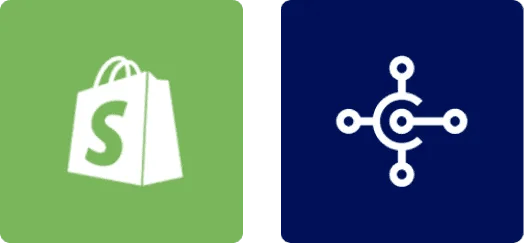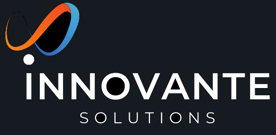Business Central Integration with Shopify
Dynamics 365 Business Central integration with shopify introduces powerful new capabilities, particularly for B2B scenarios. This integration helps businesses streamline their operations.
5/25/20242 min read


Connecting Business Central with Shopify B2B: What's New in Wave 24
The integration between Microsoft Dynamics 365 Business Central and Shopify has been further enhanced in the Wave 24 release, particularly with the addition of B2B capabilities. This integration helps businesses streamline their operations by improving visibility into pricing, order histories, and customer interactions, leading to faster responses and more accurate order processing.
Key Features and Benefits
1. Enhanced Data Synchronization
The Shopify Connector now supports synchronization of B2B data, allowing businesses to manage multiple buyers, pricing tiers, and payment options more efficiently. This results in better data accuracy and less manual intervention, freeing up resources to focus on strategic tasks.
2. Improved Customer Management
The integration supports detailed customer management for both direct-to-consumer (D2C) and business-to-business (B2B) flows. Users can now easily synchronize customer data, manage companies, and automate customer creation in Shopify directly from Business Central.
3. Seamless Order Processing
Order synchronization ensures that orders from Shopify are automatically reflected in Business Central, with support for both D2C and B2B order details. This enhances operational efficiency and ensures that billing and inventory management are always up-to-date.
4. Multi-Currency and Pricing Structures
Businesses operating in multiple regions can benefit from the multi-currency and multi-tier pricing support. This feature enables companies to cater to diverse markets and pricing strategies, ensuring competitive edge and compliance with local financial regulations.
Technical Setup
1. Assisted Setup in Business Central
The integration process starts with the Assisted Setup wizard in Business Central. This guides users through importing the Shopify solution, configuring synchronization settings, and mapping data entities such as products, prices, and customers.
2. Customer and Company Synchronization
Customer Sync (D2C): The new flow allows selective synchronization of customers from Business Central to Shopify, ensuring data accuracy and avoiding duplicates.
Company Sync (B2B): New actions in the Shopify Shop Card page help manage B2B customers. Users can add companies, assign catalogs, and set synchronization rules for automatic updates.
3. Order and Catalog Management
Order Sync: Orders imported from Shopify use customer or company mappings to ensure correct billing and shipping details. This reduces errors and streamlines order processing.
Catalog Sync: Catalogs can be imported from Shopify, assigned to companies, and managed within Business Central. Price synchronization settings help keep pricing consistent across platforms.
4. Reporting and Compliance
Business Central's robust reporting capabilities ensure that all financial and tax reporting requirements are met, facilitating smooth end-of-period processes and compliance with local regulations.
Conclusion
The Wave 24 release of Business Central brings significant enhancements to the Shopify integration, particularly for B2B scenarios. By automating data synchronization, improving customer management, and supporting complex pricing structures, this integration helps businesses operate more efficiently and respond quickly to market demands.


MELBOURNE
Suite 1, Level 4/ 365 Little Collins St, Melbourne VIC 3000
(03) 853 541 27
Hello@innovante.co
APPLICATIONS
SOLUTIONS
Licensing
